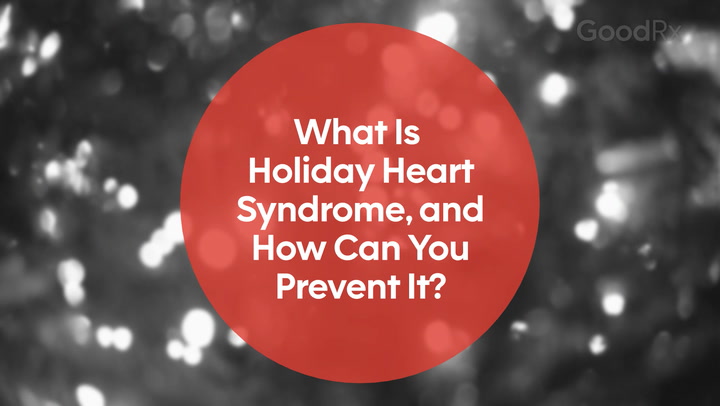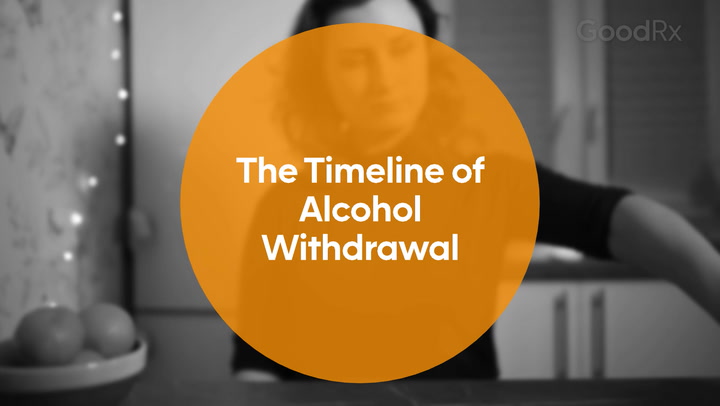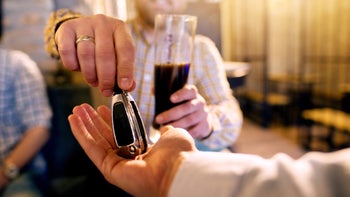
Does Alcohol Reduce Stress? The Link Between Drinking and Stress
Key takeaways:
Alcohol and stress have a two-way relationship. You may drink as a way of dealing with stress, and you may experience stress due to drinking.
Alcohol triggers chemical changes in your brain that lead to short-term relaxation and long-term stress.
Practicing and using healthy coping skills can help you stop using alcohol as a way to manage stress.

Stress is a part of everyday life. Although some stress is healthy, you may find yourself spending a lot of time and energy seeking ways to decrease your stress, including drinking alcohol. Alcohol may seem like a good way to feel calm and relaxed. But it could actually increase your stress over time.
Continue reading to learn about the connection between alcohol and stress and how you can develop healthy coping skills to manage your tension.
Does stress affect alcohol use?
Stress is your body’s reaction to a new demand or difficult challenge. Everything from starting a new job or a big test at school to a global pandemic and war can cause stress.
Search and compare options
When stress is high, you are more likely to drink alcohol as a way of coping. This link is true for both men and women. But there are sex differences in drinking patterns:
After stressful situations, men are 1.5 times more likely than women to binge drink.
Men are 2.5 times more likely than women to have alcohol use disorders, a condition marked by problematic drinking patterns
As a group, veterans who have experienced active combat report high stress. They also report using alcohol as a way to deal with that stress.
Why do I want to drink when I’m stressed?
Alcohol is a tempting coping skill during periods of high stress. It has the power to calm you down and make you feel more relaxed in the moment. Alcohol is classified as a depressant because it slows down your brain and changes the way you think, feel, and act.
At low levels, alcohol can make you feel relaxed, confident, and more social. You could have a greater sense of well-being and increased happiness.
You might find drinking alcohol to be an easy, accessible, and effective coping skill. After a long week of work or a stressful life event, alcohol can lower feelings of stress. However, it does not actually reduce or address the source of stress.
Read more like this
Explore these related articles, suggested for readers like you.
Is drinking a healthy coping mechanism?
You can have healthy and unhealthy coping mechanisms. Healthy ones lead to long-term happiness and comfort. But they might be uncomfortable in the short-term. Unhealthy coping usually feels good in the short-term but can lead to harmful long-term results.
Because of this, drinking alcohol is seen as an unhealthy or negative coping skill. It may help immediately. But the risks to your mental and physical health are significant.
How much alcohol is OK to consume without the negative side effects?
According to established guidelines, you should practice moderation with alcohol consumption. Women should have no more than one drink per day, and men should have no more than two drinks.
If you are pregnant, taking certain medications, or recovering from an addiction, you shouldn’t drink at all. Some experts would say that there is no safe amount of alcohol, with the risk of some cancers increasing with less than one drink per day.
The way alcohol affects you is very individualized. Some people may seem better able to manage the effects of the substance. Other people may be heavily influenced by drinking. It’s most important to do what’s best for you and your health.
Does alcohol use cause stress?
The connection between alcohol and stress is bidirectional. This means that stress increases alcohol use, and alcohol use increases stress. People who drink more will have higher levels of stress over the long-term.
Alcohol increases stress levels in numerous ways, which are discussed below.
What does alcohol do to the body?
Your body has a set of complex systems in place to deal with stress. These systems help manage stress in the short-term and return you back to your normal level of functioning.
Adding alcohol to your system throws off the delicate balance, making it harder to return to a healthy point. Without a balanced chemistry, your brain will release higher levels of some chemicals.
Cortisol is a hormone related to stress. When stress hits, cortisol levels spike and then drop when the situation is safe.
Heavy drinking can trigger a release of cortisol when you are stressed. This exaggerated response will make situations feel more stressful or dangerous than they really are. People who drink heavily are more likely to experience higher amounts of anxiety under stress compared to people who don’t drink or who drink in moderation.
In the long-term, alcohol use is linked to:
Poorer mental health
Liver problems
Cancer
Brain damage
Heart disease
Can alcohol create environmental stress?
When you drink too much alcohol, you’re more likely to have poor judgment and coordination. Together, these factors can result in:
Accidental injuries
Car wrecks
Conflict with loved ones
Legal issues
Risky sexual behaviors
Hangovers
Financial concerns
Any one of these issues can add stress to your life. In turn, you may be tempted to drink more alcohol to manage the stress, which can cause a vicious cycle.
Can alcohol hurt your other coping skills?
Alcohol can also increase your stress psychologically by robbing you of your resilience. When you are resilient, you can manage stress with a toolbox of many different coping skills.
After you start drinking to manage stress, alcohol becomes your primary coping skill. You use the others less often and depend more on alcohol.
Since you have fewer chances to use your other skills, they become less effective as you fall out of practice. When new stress comes, it will seem more intense and longer in duration because your healthy coping skills are not powerful enough to manage it.
How does stress drinking turn into an alcohol use disorder?
Drinking on occasion may not become a problem. But if you have chronic stress and frequently turn to alcohol for coping, an alcohol use disorder could appear.
An alcohol use disorder is a mental health condition that affects around 18 million people each year. Alcohol use disorders result in strong cravings for alcohol and loss of control. They can also cause someone to feel depressed, anxious, or irritable when they aren’t drinking.
What are signs of alcohol dependence or alcoholism?
The signs and symptoms of alcohol dependence, alcoholism, or alcohol use disorder will be different for all people. You could have an alcohol use disorder if you:
Drink more or more often than intended
Tried to stop drinking but couldn’t
Can’t keep up with your relationships or work responsibilities
Feel bad when you aren’t drinking
Stopped doing things you like in order to keep drinking
As your life revolves around drinking, alcohol use disorders will create high levels of stress. Although alcohol was meant to reduce stress, it ultimately creates more problems.
What are healthy alternatives to relieve anxiety and cope with stress?
Coping with stress is a necessary part of your life. If you ignore or avoid stress, it will only build up and emerge in unwanted ways.
Dealing with stress in healthy ways can help you:
Get better sleep
Stay at a healthy weight
Feel more relaxed
Improve your mood
Boost relationships with loved ones
If you are looking for some of the best healthy alternatives to alcohol, you could:
Spend time with people you love: Getting the support of loved ones can make a tremendous difference in your stress levels.
Planning ahead: Think about the stress you’re likely to face. Prepare ways to deal with it early to limit stress.
Focus on your physical health: The way you eat, sleep, and move can cushion you from the impact of stress. Eat well, set aside time for restful sleep, and get some exercise to manage stress.
Relax actively. Some people think that sitting on the couch and scrolling on their phone is relaxing. In reality, the best relaxation is active. Do some deep breathing, guided imagery, or muscle relaxation to maximize your calm.
Seek out the professionals: If your stress and alcohol use are problematic, connect with professional mental health treatments like therapy to discover and resolve the root of the problems.
Experiment with your own ideas for stress relief. Along the way, be sure to stay away from other negative coping skills like overspending money, engaging in risky sex, and gambling.
The bottom line
Stress and alcohol share a strong connection. If you have stress, you may be tempted to drink. But more drinking only leads to more stress. To break the connection, practice healthy coping skills and leave alcohol out of the equation.
Why trust our experts?


If you or someone you know struggles with substance use, help is available. Call SAMHSA’s National Helpline at 1-800-662-HELP (4357) to learn about resources in your area.
References
Australian Government, Department of Health. (2021). What are the effects of alcohol?
Centers for Disease Control and Prevention. (2022). Dietary guidelines for alcohol.
MedlinePlus. (2022). Alcohol use disorder.
Mental Health Foundation. (2022). Alcohol and mental health.
National Institute on Alcohol Abuse and Alcoholism. (2012). The link between stress and alcohol.
ScienceDaily. (2011). Stress and alcohol ‘feed’ each other.
U. S. Department of Health and Human Services. (2022). Manage stress. My Healthfinder.




























